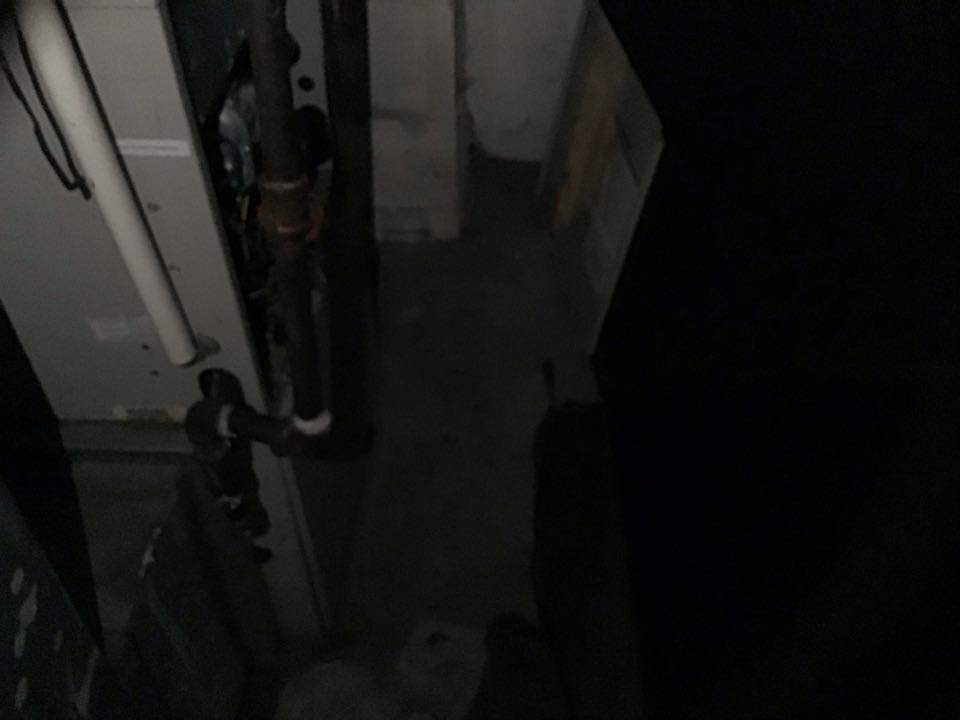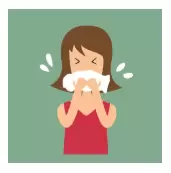
Your HVAC System Can Help Reduce Indoor Allergies
Do you struggle with allergies? Are you looking for some indoor allergy relief? Believe it or not, your HVAC system can help as it is responsible for the quality of your air indoors.
Causes of Indoor Allergies
As an allergy sufferer myself, I know how terrible it can be to have to deal with during allergy season.
Spring time is generally when most people start to have issues, but allergies can be a year round deal as well when it comes to indoor allergens.
There are multiple ways you can improve your indoor air quality.
Believe it or not, your HVAC system can help you in this regard through the use of advanced filters and UV lights that are able to remove small allergy particles and dust mites.
Some of the most common causes of indoor allergies include:
Pet Dander

We all love our indoor animals, but for some of us they can cause quite the problem with our allergies as well as our HVAC system.
The dander from your pets fur can stay in the air for hours at a time, being blown all around your house and wreaking havoc on your allergies.
Mold Spores
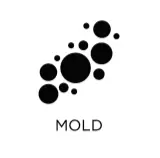
These babies aren’t only bad for your allergies, but are bad for your health in general.
Mold is prone to grow in damp, dark places such as basements or closets.
Over time, the spores from any mold growth can become sucked into your HVAC system and blown all over your house. Gross.
Pollen

Even though most plants and trees live outside, the pollen from them can still make its way indoors on a daily basis by doors opening and closing as well as open windows.
For those with severe outdoor allergies, it is usually recommended to change your clothes when coming in from outdoors to prevent pollen from getting on any furniture ect.
Dust

Dust is a natural occurrence in any house and is largely impossible to prevent over time.
Vacuuming and dusting on a regular basis is a must.
However, your HVAC system should be able to cut down on dust in a large way with the use of quality HEPA filters.
How Your HVAC System Can Help
Here are a few of the great ways your HVAC system can help give you some indoor allergy relief.
HEPA Rated Filters
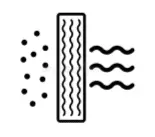
HEPA stands for “High-Efficiency Particulate Air”.
These types of filters can do some serious work when it comes to cutting down on dust and indoor allergy culprits in the air.
HVAC filters are measured using a MERV rating, with the higher the MERV, the more particles it can trap. You will need to verify the filter you buy is compatible with your current HVAC system.
You have to be careful though as a filter with too high of a MERV rating can restrict air flow and cause your furnace to over heat or your air conditioner to ice over.
HEPA filters work by trapping dust and allergens in a fine mesh. They are capable of trapping 99.7% of all particulates that are 0.3 microns (300 times smaller than the diameter of a human hair!) in size or larger.
A great HEPA air filter is the Honeywell Electronic Air Cleaner.
It uses a 3-stage electronic filtration system and replacement filters are not needed as you just simply wash and replace the filter every 6 to 12 months.
APCO Ultra Violet Light Purifier
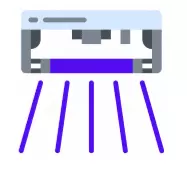
Who knew that ultra violet light could be so harmful to airborne particles?
Believe it or not, by having an APCO UV Light installed in your HVAC system, it will cut down on airborne particles that can bother your allergies and also other particulates that can cause sickness.
The UV light is installed in the duct work that is right above your evaporator coil on your furnace.
As the air is blown out into your home, it passes through the UV rays and instantly kills any harmful particles.
iWave-R Air Purifier
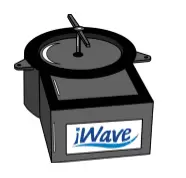
This is a newer piece of HVAC technology that is starting to become quite popular in people’s homes to help with allergy symptoms.
The iWave-r is an air purification system that is installed in any hvac system with ductwork.
When the air from your home passes over the iwave, the ions produced by the device substantially reduces allergens as well as certain viruses, and even smoke odors.
When the ions created by the iwave come in contact with particulates such as viruses, they remove the hydrogen molecules ultimately killing them.
Larger particles like airborne allergens are bonded together by the ionic charge and then caught in your furnace filter instead of passing through it.
Humidification
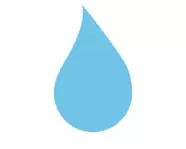
Maintaining optimal humidity levels in your home goes a long way in reducing indoor allergens.
Having improper humidity levels in your home can trigger asthma symptoms and allergic reactions to the particles in the air.
A good humidity level to maintain in the home is anywhere from 35-45%. Any more humidity than this and you risk mold or mildew growth and any less can cause a lot of static electricity.
If you don’t currently have a whole home humidification system, the Aprilaire 600m is a great option.
Contact Us Today For Indoor Allergy Relief!
Are you interested in tackling your indoor allergies once and for all? Give us a call and we will be there as soon as the same day to get you the relief you deserve! Call us at 614-475-1800 or contact us online here.






